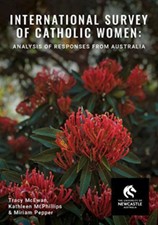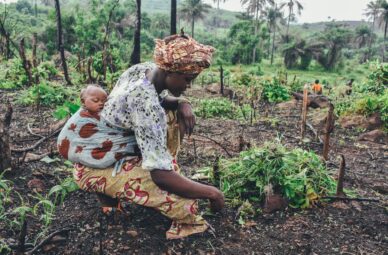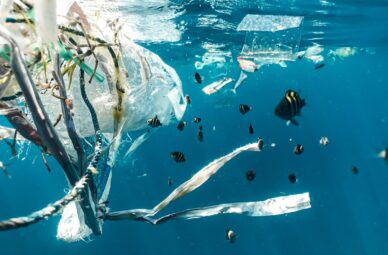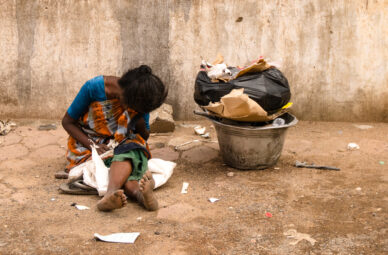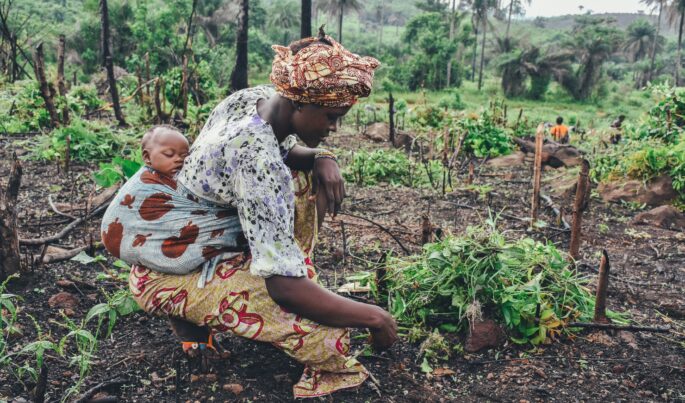
BUILDING WOMEN’S CAPACITY FOR A MORE SUSTAINABLE FOOD SYSTEM
May 12, 2022Agribusiness companies try to convince farmers to use chemical pesticides, claiming it makes the work easier and helps to produce higher yields. What they don’t say is that pesticides destroy biodiversity, make the soil toxic and kill earthworms, butterflies, bees and other organisms. Research in Kenya has found alarming levels of pesticides in fresh foods, which are partly responsible for increases in cancer and other diseases due to the carcinogenic components they contain. Many of the pesticides available in Kenya have been abolished by law in other countries. Unfortunately, the weak legislative systems in Africa are leading to the continent’s becoming a dumping ground for what is no longer useful in other parts of the world. This is the sad reality that many farmers don’t know or are not allowed to know.
Farmers often say that 10 or 20 years ago, they grew food without using any chemicals. Now they do: prior to seeding, when crops are growing and even during harvest. Often, they say that while these chemicals increased production initially, yields are now declining. Leonida Odongo, a community educator and food justice activist, is one who is building capacity for a more sustainable food system in Kenya. Her programs bring farmers together to reflect on their experience. For example, they are asked to bring a glass of soil from their farm and to count how many leaves, earthworms and other organisms they can spot. If there are no leaves, it means there are no micro-organisms. If there are no earthworms, it means that chemicals have killed them. With no leaves and micro-organisms, it also means that there is no humus in the soil. Then together they reflect on the importance of microorganisms and humus and their roles in soil fertility.
This approach has proved successful because farmers want to see tangible change. The beauty is that together they co-create knowledge informed by the farmers’ own reflections on experiences. What is very enjoyable is transgenerational knowledge sharing, for instance when elderly farmers talk about the different herbs that can be used to make organic fertilisers and when innovative farmers talk about how and what they produce. These exchanges between farmers help to re-emphasise that indigenous, agro-ecological forms of production really work. They also engage in practical training, making compost, bio-fertilisers and natural pest repellents.
What is the role of women and feminism in these initiatives? Leonida’s response to this is that agroecology has a female face. The majority of people who till the land and save seeds are women, who have relationships and knowledge that are important for agroecology. Even if in most of African households, men are the ones controlling the land, cattle and coffee or tea plantations, women are the ones on the frontline in practice: they harvest the tea and coffee (deemed to be ‘male’ crops) and take them to the millers for processing but when the cash gets paid, it is the males who control the money. That is why it is important to start a dialogue about food production and who controls the resources.
The community dialogues enable women to have safe spaces where their voices can be heard and their concerns listened to. These platforms also provide opportunities for women to recognise their importance, not only in terms of reproduction but also in terms of production.
Source: Posted by Odile Ntakirutimana, Jan. 10, 2022 in ‘Africa, Food Sovereignty’. Submitted by Alison Healey.
This article appeared in the GJOP Network Bulletin Vol.12-2, March 2022.





